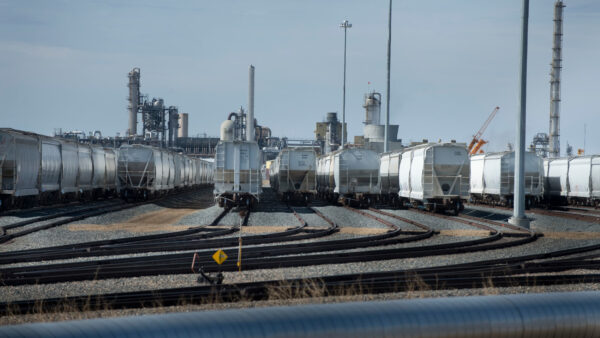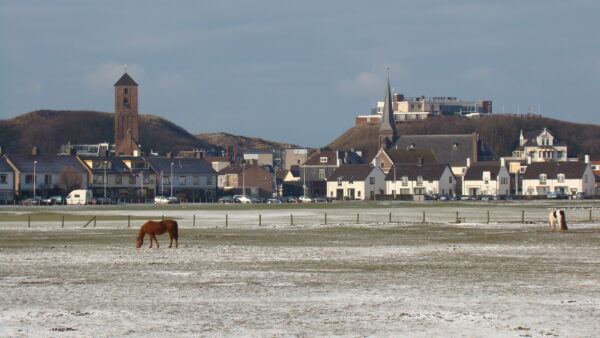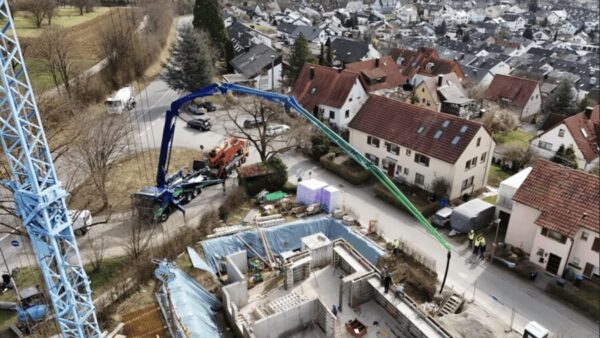The Toyota Mobility Foundation (TMF) has announced six finalists for its City Architecture for Tomorrow Challenge, which looks for ways of using data to improve mobility and city planning in Kuala Lumpur.
The six were selected from 16 entries from technology and design firms in nine countries. Each of those shortlisted will receive a grant of $125,000 to develop a ready-to-implement product. A final winner will be named in April or May.
The firms in contention are:
- GeoSpock, UK. This entry aims to use analytics database technology to enable “smart city data fusion” to optimise multimodal transport.
- Hayden AI Technologies, US. A Californian company that hopes to use an AI-powered data platform to plan innovative cities and improve traffic safety and efficiency.
- KERB, Malaysia/Australia. An entry that uses a person-to-person and business-to-business parking management platform to increase parking supply around transport hubs, to track real-time data and optimise commuters’ journeys
- Liftango, Australia. A New South Wales firm specialising in on-demand shared transport. It aims to defeat traffic congestion at the source using “demand-responsive first-mile commuter transport” in Bandar Sunway.
- Numina, US. This firm offers a privacy-first computer-vision solution to measure multimodal traffic flows and identify opportunities to improve pedestrian safety.
- Runwithit Synthetics, Canada. This Edmonton-based tech firm has developed a concept it calls “Synthetic KL”: a live, geospatial, interconnected synthetic modelling environment for designing mobility solutions.
Pras Ganesh, director of programmes at the TMF, commented: “The challenge was designed to grasp groundbreaking innovations, and we were impressed by the ideas of 16 strong semi-finalists who showcased new data driven mobility and city planning focused solutions. Â
“Though it was very difficult to narrow down the selection, we are very excited about the six finalists and what they can deliver in the minimum viable product stage to improve the quality of life of the residents of Kuala Lumpur.”
TMF was established in August 2014 to support the development of a more mobile society. It hopes to use the insights gained through the challenge to solve mobility issues in other regions and countries in the future besides Kuala Lumpur.
Image: A rush-hour traffic jam in Imbi Street, Kuala Lumpur (Dreamstime)
Further reading:










